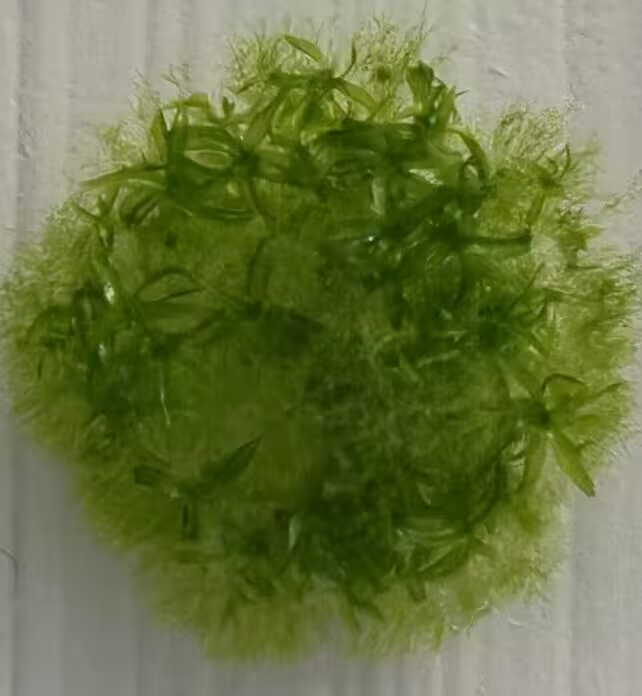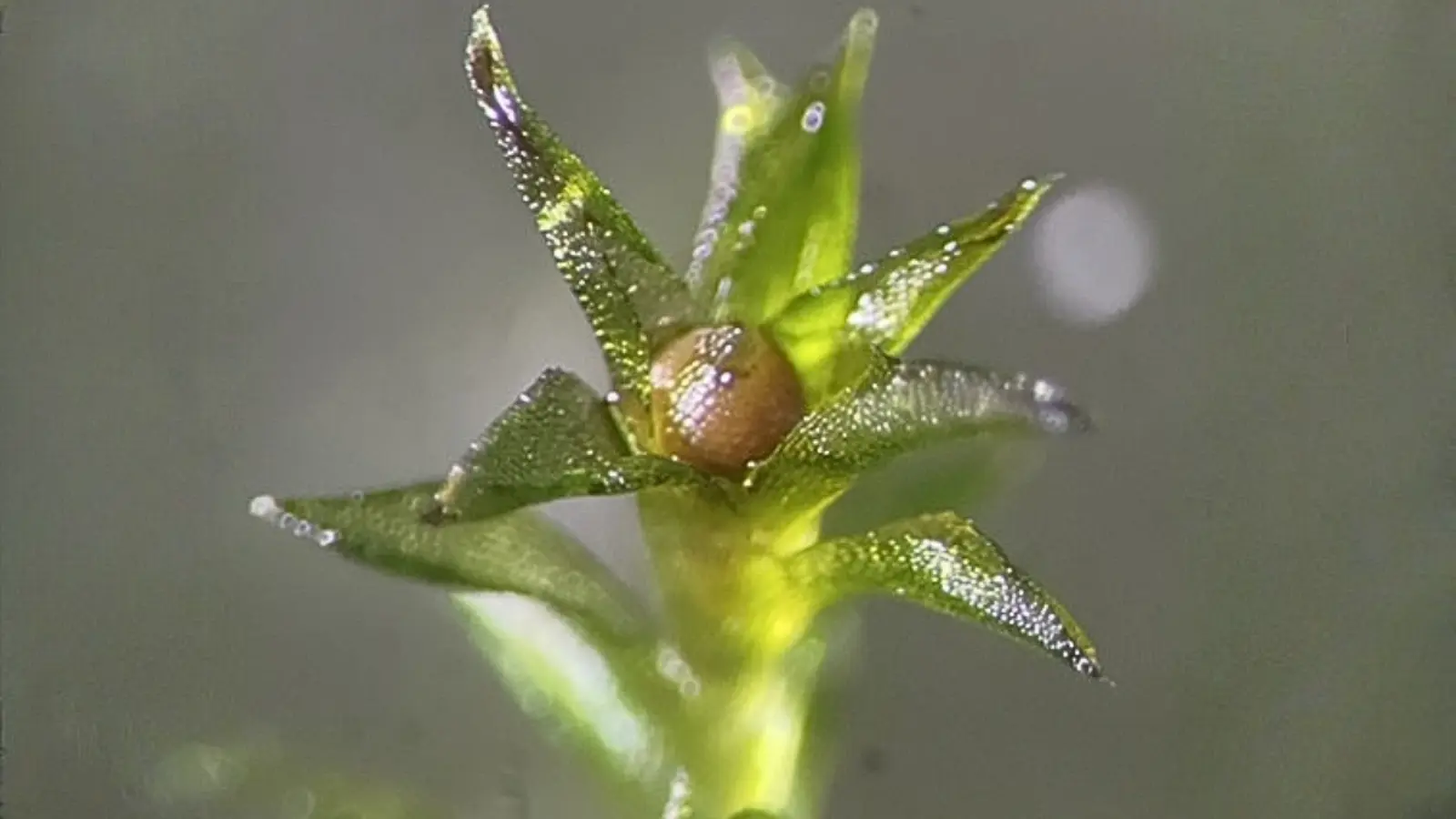4 Minutes
Researchers have exposed spore-bearing capsules from a common laboratory moss to the vacuum and radiation of low Earth orbit — and discovered that most spores survived nine months attached to the outside of the International Space Station (ISS). The result adds a surprising chapter to our understanding of plant hardiness and raises questions about using resilient species for future off-world habitats.
Why scientists tested moss in orbit
Physcomitrium patens, often called spreading earthmoss, is a favored plant model for researchers because of its sequenced genome and structural simplicity. Like tardigrades among animals, some bryophytes (mosses, liverworts and hornworts) display remarkable resistance to extremes: they tolerate desiccation, UV radiation and temperature swings that would kill most higher plants.
Previous laboratory experiments on Earth suggested that the plant's spore-bearing structures — sporophytes — are the toughest part of the moss, better able to withstand intense UV, heat and cold than leaves or stems. To test that endurance in true space conditions, a team from Hokkaido University sent spore capsules outside the ISS for nine months.
What the mission found
On return to Earth, more than 80% of the spores were still capable of germination. The team reported only about a 20% reduction in chlorophyll a levels; other chlorophyll forms remained at normal levels and the change did not appear to affect spore health or germination ability.
"We expected almost zero survival, but the result was the opposite: most of the spores survived," said Tomomichi Fujita, the Hokkaido University biologist who led the study. "We were genuinely astonished by the extraordinary durability of these tiny plant cells."

Many of the spores successfully germinated after their extreme travels
Why this matters for astrobiology and terraforming
These findings have two broader implications. First, they provide direct evidence that some terrestrial lifeforms possess intrinsic cellular mechanisms that can endure space conditions such as vacuum, cosmic radiation and extreme temperature cycles. Second, the resilience of moss spores informs long-term thinking about biological strategies for building ecosystems beyond Earth.
Mosses were among the first plants to colonize land roughly 500 million years ago, helping to form soils by breaking down rock and cycling nutrients. That ecological legacy makes them interesting candidates for preliminary steps in in-situ resource use and habitat establishment on the Moon or Mars. While no one is suggesting whole forests on Mars tomorrow, hardy organisms that prepare regolith, trap moisture or stabilize dust could become useful tools in future bioregenerative life-support designs.
Mission details and scientific context
The experiment exposed intact sporophyte capsules directly to space for nine months. After retrieval, researchers assessed germination rates, pigment levels and visible damage. The high survival rate supports the idea that certain developmental stages — especially dormant spores and seeds — can be far more radiation- and desiccation-tolerant than active tissues.
Published in iScience, the work does not claim immediate applications for human spaceflight, but it opens avenues for follow-up studies: how do protective molecules in spores prevent DNA damage? Can engineered or selected strains boost performance in simulated Martian regolith? And what logistical and planetary-protection safeguards would be required before intentionally introducing Earth life to another world?
As Fujita noted, the results point to a new frontier for experiments aimed at constructing sustainable ecosystems in extraterrestrial environments. This moss study is a small but meaningful step toward understanding which organisms might first make a foothold off Earth.
Source: sciencealert


Leave a Comment